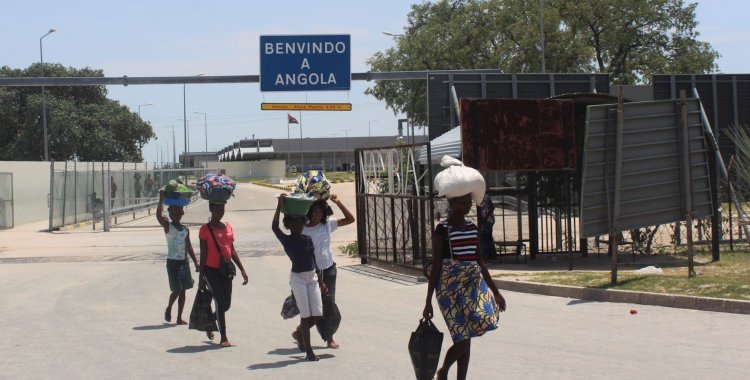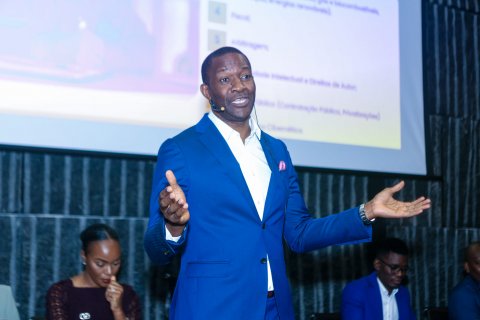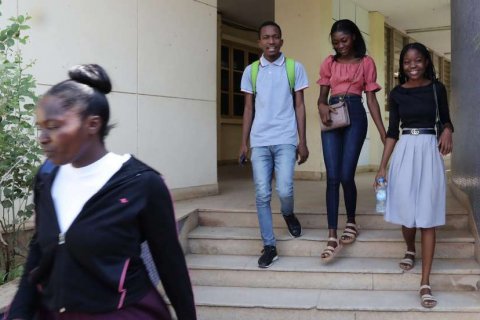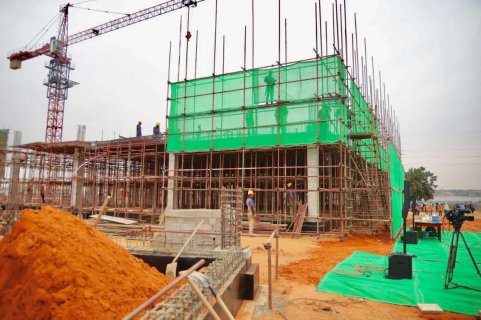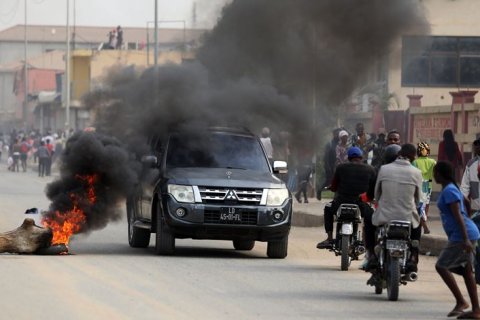In a report that the Centre for Studies on Economic and Social Development in Africa (CEDESA) will publish on its official website on Friday and to which Lusa had access, it is pointed out that, with the arrival of Donald Trump as president of the USA, “everything went downhill” and this country is absent from the African continent, witnessing “an American absenteeism in Africa”, contrary to what happened with the administration of Joe Biden, his predecessor.
In their analysis, the academics consider that, “the ongoing redefinition of the international system will inevitably lead Angola to a need to reinforce its internal unity and possibly to increase [and review] its national security doctrine to combat threats to the stability of the State and its borders.”
CEDESA recalls that the advance of the combined forces of the M23 rebel movement and Rwanda to conquer Goma and Kivu, in the east of the Democratic Republic of Congo (DRCongo), creating a clearly relevant intervention zone, already occurred after Trump's inauguration, "sedimenting the idea that the international order has changed and borders can be changed".
The Trump effect, he believes, may also have been behind the departure of the presidents of the Democratic Republic of Congo, Félix Tshisekedi, and of Rwanda, Paul Kagame, “from Angolan mediation [in the conflict between the armed group M23, supported by Rwanda, and the government of the DR Congo], to resolve their dispute, and to have gone to Qatar”.
According to CEDESA, Angola “had the US as support in these negotiations, which gave it negotiating strength”, but, “with Trump’s absence, this Angolan advantage has ceased, at least for now, to exist”, so that the war in the East of the DR Congo “runs the risk of becoming even greater”.
"The M23 will not stop here" and, on the other hand, the so-called Islamic State of East Africa, which is "pressuring Cabo Delgado", in Mozambique, will possibly "already be implemented in Angola", he says.
Furthermore, it points to a “race for Africa” by several powers. The continent's natural resources, its strategic position in the Global South, its demographics - a symptom of vitality for the future, but also a threat of migration to Europe - and the persistent fragility of its institutions, "have made the continent, once again, the target of interest and intervention by several external countries", notably Russia and China.
In this context, "force will play a fundamental role in re-establishing an international paradigm", the analysts conclude.
In Angola, at the political level, "it becomes evident" to CEDESA that “the choices and adoption of democratic governance processes are strictly an Angolan matter”.
“The international community is not, and will not, impose any political model”, therefore, “external interventions in any sense should not be expected in the 2027 Angolan general elections”, he concludes.
However, it is at the level of sovereignty, the definition of borders and security that the greatest challenges arise in relation to Angola in this new scenario, he highlights.
After independence, the then Organization of African Unity (OAU, now the African Union) adopted the principle “which stated that colonial borders should be maintained to avoid territorial conflicts”, analysts say.
However, this principle of border stability “is now being called into question”, they warn.
“Possibly, the M23 incursion, with the support of Rwanda, will want to establish new borders in the area” and “this will no longer depend on international law, but on force”, says CEDESA.
In this way, "Angolan borders are under threat, the call for secession of territories [Cabinda; Lundas?] will emerge with greater force and the validity of the OAU declaration will be called into question", he admits.
At the same time, migrations caused by changes in other countries, such as the DR Congo, will put pressure on national borders.
In this sense, "it would be useful to think about Angolan security by creating external perimeters as buffers for stabilizing and maintaining the territory, especially in the case of serious upheaval in the territory of the DR Congo, starting from the most sensitive areas, such as Cabinda and the Lundas, huge border lines with potential sources of danger", he argues.

